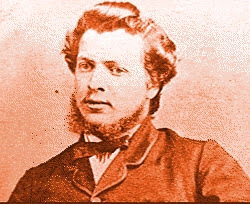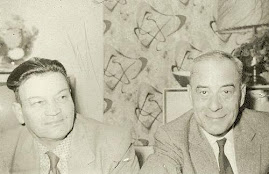On June 4, 2009 - Minister Strahl advised that the Federal Government would not be challenging the decision of the Courts of BC in relation to the Sharon McIvor court case.
Sharon McIvor's victory applauded by public-sector union
The Public Service Alliance of Canada issued a news release today (June 4) to offer congratulations to Sharon McIvor, who waged a successful 22-year struggle to gain Indian status first for her son and later for her grandchildren.
"I am thrilled to learn that this government has finally recognized that it was futile to carry on with this systemic form of gender discrimination," PSAC president John Gordon said in the news release.
In April, a three-judge B.C. Court of Appeal panel ruled unanimously that a section of the Indian Act violated equality rights under the Canadian Charter of Rights and Freedoms.
According to the decision written by Justice Harvey Groberman, a 1985 amendment to the Indian Act was discriminatory because it denied status to a person with one Indian parent born prior to
If the reverse were the case--i.e. the person's grandfather was Indian and the grandmother was non-Indian--the person would have status as an Indian under the Indian Act.
"The discrimination in this case is the result of under-inclusive legislation," Groberman wrote.
On June 2, Indian Affairs Minister Chuck Strahl announced that the government wouldn't appeal the ruling and would amend the law. Gordon declared that his union will "remain vigilant to ensure that that the forthcoming amendments to the Indian Act reflect the spirit of McIvor’s appeal and the court’s decision".
McIvor was supported by many groups during her struggle, including the Native Women's Association of Canada.
The B.C. Court of Appeal decision described McIvor's family history, which led to a peculiar circumstance. Until Strahl's announcement confirmed McIvor's victory, some of McIvor's grandchildren would have had Indian status and others wouldn't have qualified.
McIvor had two non-Indian grandfathers. One grandmother had Indian status; the other was entitled to have status.
Both of McIvor's parents were born out of wedlock to Indian mothers, who did not have status.
McIvor married a non-Indian, which automatically deprived her of status.
That's because under the Indian Act prior to the introduction of the charter's equality-rights section in 1985, an aboriginal woman who married a non-Indian male ceased to be an Indian under the law. The children from such a union were non-Indian as well.
In 1985 after the equality-rights section came into force, the Indian Act was amended. Under the law, a child who has one Indian parent and a non-Indian parent is entitled to status unless the Indian parent has a non-Indian parent.
In September 1985, McIvor applied for status on behalf of herself and her children with the Lower Nicola Band. She was granted status two years later, but it was denied to her kids. That's because McIvor had a non-Indian parent.
She appealed and according to the BC. Court of Appeal decision, the registrar conceded that the decision couldn't stand.
But there was still a problem. Her kids obtained status by virtue of McIvor's status. Her daughter was married to an Indian, so their kids would also have status.
But McIvor's son, Charles Jacob Grismer, was married to a non-Indian. Under the law, his kids couldn't have status because they had one Indian parent and their grandfather was not male.
McIvor and Grismer launched a constitutional challenge so that Grismer would be allowed to confer Indian status to his children. In 2007, they succeeded in B.C. Supreme Court; the federal government appealed.
The B.C. Court of Appeal upheld the lower court ruling, though it narrowed the terms somewhat. And now that the federal government is not appealing, Grismer's kids--who are McIvor's grandchildren--will have status under the Indian Act.





No comments:
Post a Comment